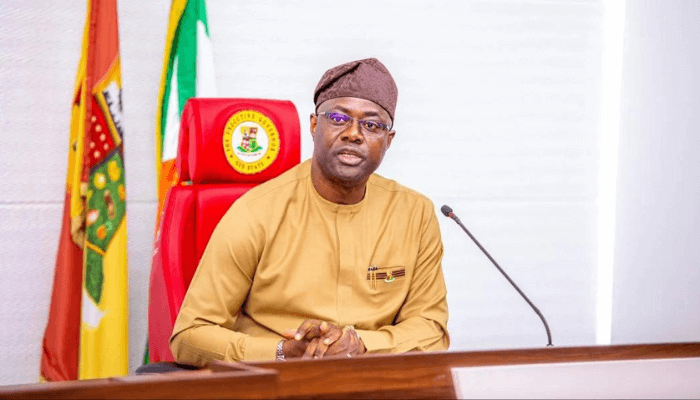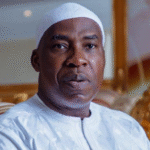Now Reading: Oyo, UNICEF Seek Stronger Legal Action Against Female Genital Mutilation
-
01
Oyo, UNICEF Seek Stronger Legal Action Against Female Genital Mutilation

Oyo, UNICEF Seek Stronger Legal Action Against Female Genital Mutilation
The Oyo State Government, in partnership with the United Nations Children’s Fund (UNICEF), has called for strengthened prosecution of Female Genital Mutilation (FGM) cases across Edo, Ekiti, Osun, and Ondo states.
This call was made during a three-day multi sectoral engagement meeting, which brought together law enforcement officials, judicial officers, non-governmental organizations, government agencies, and religious leaders.
The workshop, which focused on improving justice system responses and survivor centered approaches to addressing FGM, was held in Ibeju Lekki, Lagos State.
Female Genital Mutilation remains a widespread practice in parts of Nigeria despite being criminalized under the Violence Against Persons Prohibition Act of 2015 and the Child Rights Law adopted by many states. According to UNICEF, Nigeria accounts for the third highest number of women and girls who have undergone FGM globally, with millions still at risk.
In his opening remarks, the Permanent Secretary of the Oyo State Ministry of Information, Rotimi Babalola, who represented the Commissioner, Dotun Oyelade, described the engagement as “apt and timely,” especially considering the continued prevalence of FGM despite existing laws.
Babalola emphasized that all five states already have legal frameworks such as the Violence Against Persons Prohibition Act and the Child Rights Law, which criminalize the practice. However, he noted that low levels of reporting, weak enforcement, inadequate survivor centered responses, and fragmented intersectoral collaboration have continued to undermine the effectiveness of these laws.
He commended UNICEF for initiating the workshop, which he said has brought together key stakeholders across sectors to bridge existing gaps in FGM response. These include enhancing capacity building, improving case documentation, protecting survivors, and ensuring the prosecution of offenders.
“The goal is clear — to improve FGM reporting, protect survivors, and strengthen the justice system through effective multi sectoral collaboration,” Oyelade stated.
“The workshop is expected to deepen participants’ understanding of FGM laws, survivor centered responses, and reporting procedures. It also aims to improve coordination between law enforcement, health, social welfare, and justice sectors.”
He encouraged participants to develop actionable strategies, strengthen interagency coordination, and critically review enforcement challenges that hinder progress in ending FGM.
Oyelade expressed appreciation to UNICEF and its implementing partners for their support and swift coordination of the workshop.
“I am confident that with the caliber of participants here, we will achieve meaningful outcomes and make significant progress in our collective effort to eliminate FGM—for the future of the girl child, who will one day become a mother in our society,” he said.
Also speaking, UNICEF Child Protection Specialist Denis Onoise stressed the urgency of ending the harmful practice. He explained the four main types of FGM: clitoridectomy, excision, infibulation, and unclassified forms.
Onoise noted, “Despite the adoption of laws like the Violence Against Persons Prohibition Act in many states, actual prosecutions remain rare, and communities are still hesitant to report cases.”
He called for stronger legal enforcement, increased budgetary support for anti-FGM programs, and ongoing engagement with traditional leaders and male advocacy groups.
He urged state Houses of Assembly, law enforcement, and the justice system to take decisive steps, including prosecuting offenders and increasing funding for FGM response programs.
“Our goal is clear. We need to scale up our efforts significantly to eliminate FGM in our states by 2030,” Onoise stated.
Earlier, the Executive Director of Trailblazer Initiative, Dare Adaramoye, called for the establishment of special courts dedicated to handling gender based violence cases, including FGM.
The renewed call by the Oyo State Government and UNICEF underscores the growing concern that existing laws must be matched with stronger prosecution, survivor centered responses, and effective collaboration across sectors if Nigeria is to meet the global target of ending FGM by 2030.
Source: Punch















